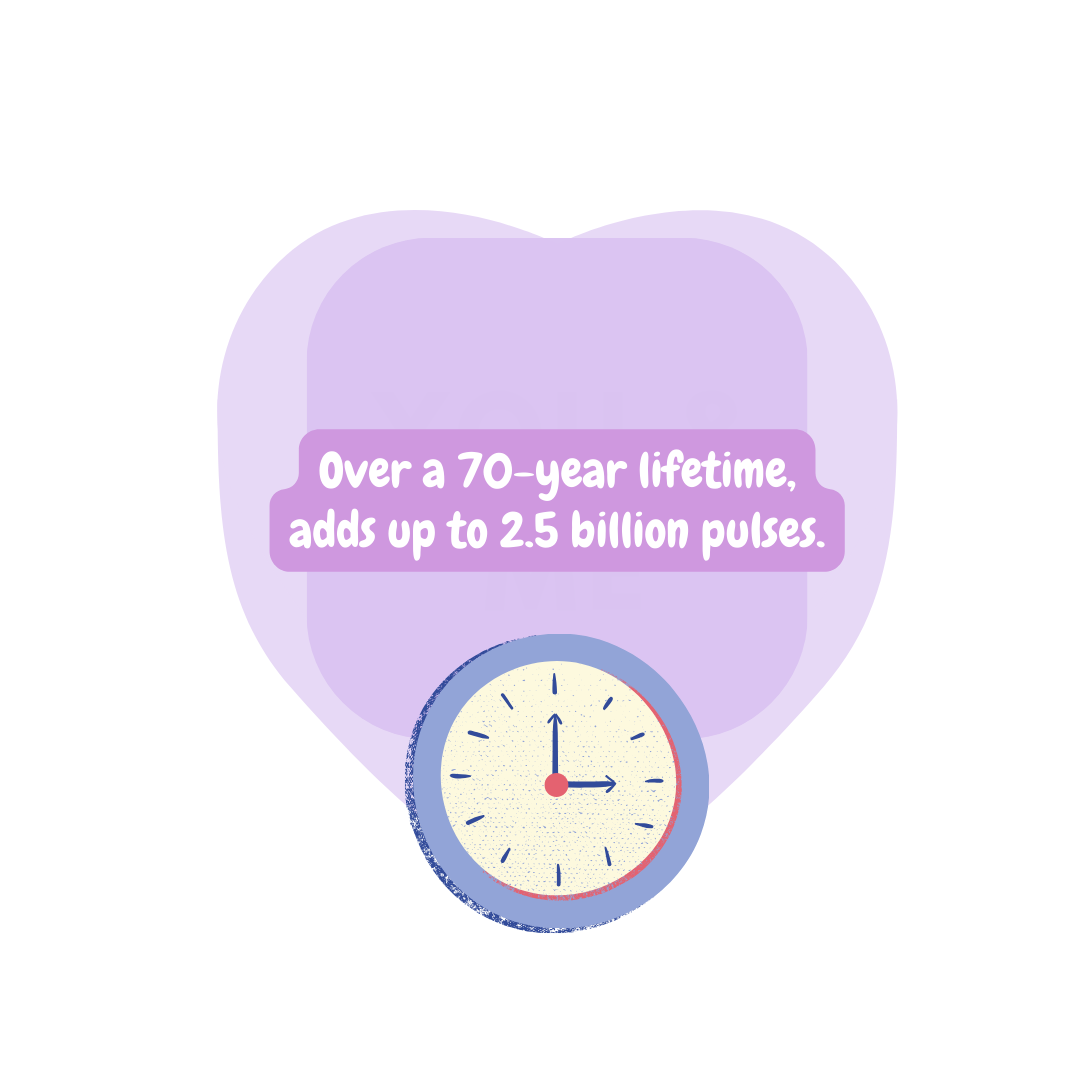Hearts are everywhere during the month of February for Valentine’s Day. Little candy hearts, heart boxes of chocolates and teddy bears holding big hearts, all represent the love Valentine’s Day is associated with.
Hearts and love go hand in hand. But does love actually affect the heart? There’s many sayings that the heart is fragile and it can break easily. In reality, this 10-ounce organ is tough.
Chris Steelman, director of the cardiac specialist and technician program at Weber State University said this little organ beats 100,000 times a day and pumps about 100 gallons of blood through the body every hour.
Damian Domanski, a cardiologist at Lone Peak Hospital in Draper, said that life starts and ends with the heart.
“We don’t die when we lose a kidney or a leg,” Domanski said. “We die when the heart stops.”
The heart is a constant in our lives and sometimes we don’t even think about it.
“This tiny little pump that goes from when you’re zero to your whole life,” Steelman said. “We don’t even think about it, but it’s there, sitting there pumping away.”
The heart reacts to everything happening in your body. It reacts to hormones and enzymes being released throughout the body, but also to love.
There are positive and negative effects love has on the heart.
“Emotional connections, I’m not just talking about romantic love here, but social connections have been linked to better health outcomes, lower blood pressure, reduced risk of heart disease and improved immune function,” Steelman said.
According to Domanski, cardiovascular diseases are one of the number one killers in the U.S. and Steelman says that many people live with high blood pressure and never get it treated. While love isn’t the treatment for these diagnoses, it is a small way to lower some risk.
However, with every positive effect there are some negative effects.
“Intense emotional experiences, both positive and negative, but mostly negative, trigger a stress response,” Steelman said. “That stress response leads to increased levels of things like cortisol and adrenaline, and they’ll have a detrimental effect on the heart over time.”
One of these intense emotional experiences can actually lead to a unique heart condition called takotsubo cardiomyopathy, or more commonly known as “broken heart syndrome.”
According to Domanski, a takotsubo is a Japanese fishing pot used to catch octopus. The top of the pot is pinched together while the bottom is left open. This heart condition is called takotsubo because of the similarity between the way the pot looks and how the heart looks on imaging.
Domanski explains that broken heart syndrome occurs when the walls in the left ventricle of the heart constrict, limiting blood flow to the body.
Oftentimes people hear about others having broken heart syndrome after losing a spouse, but Domanski said a lot of times they can’t pinpoint the exact cause of the condition.
“We sometimes can’t pinpoint what kind of event led to that, but it’s usually caused by severe emotional stress,” Domanski said. “Oftentimes that’s losing a spouse…it can be a huge fight, disagreement or witnessing a traumatic event.”
Broken heart syndrome is unique because a lot of the symptoms mirror a heart attack. Domanski said that if a patient comes in with this condition, most times they think it is a heart attack first because most blood tests come back positive for the elevated enzyme levels for a heart attack. The best way they can diagnose this condition is through imaging.
Don’t lose hope though. These broken hearts can be fixed. Broken heart syndrome is a condition that patients can recover from.
Domanski explained that 95% of patients diagnosed with broken heart syndrome make a full recovery within a few days. But this heart condition can happen again if another intense emotional event happens. That’s why Domanski says that part of the recovery process is the psychological side and addressing those triggers.
This heart condition is a rare one. Domanski said that it’s most common in women between the ages of 60 and 70, but it’s rare and a relatively new discovery that not many in the medical community know about.
Domanski remembers two times where cardiologists were stumped on what was happening with these patients.
One was 20 years ago in London at St. Thomas Hospital and the other was 15 years ago at Cedars-Sinai Medical Center in Los Angeles.
Steelman said that there is still research on this condition because not many people know or understand it.
The power of love and emotions on the heart has effects on our body. Stress can increase blood pressure and our heart rates and over extended periods of time harm our hearts. Love, not just romantic love, but love for friends and family, has the potential to lower blood pressure and lower chances of heart disease.
“Embrace the power of love this Valentine’s Day,” Steelman said. “Just as love can heal, it can also hurt. Be kind, be loving, and cherish those connections, for they truly are the heartbeat of our health. Remember, a heart full of love is a heart full of life.”
February is also Heart Health Month, so this Valentine’s Day, give a little extra bit of love to help your heart and maybe someone else’s.















